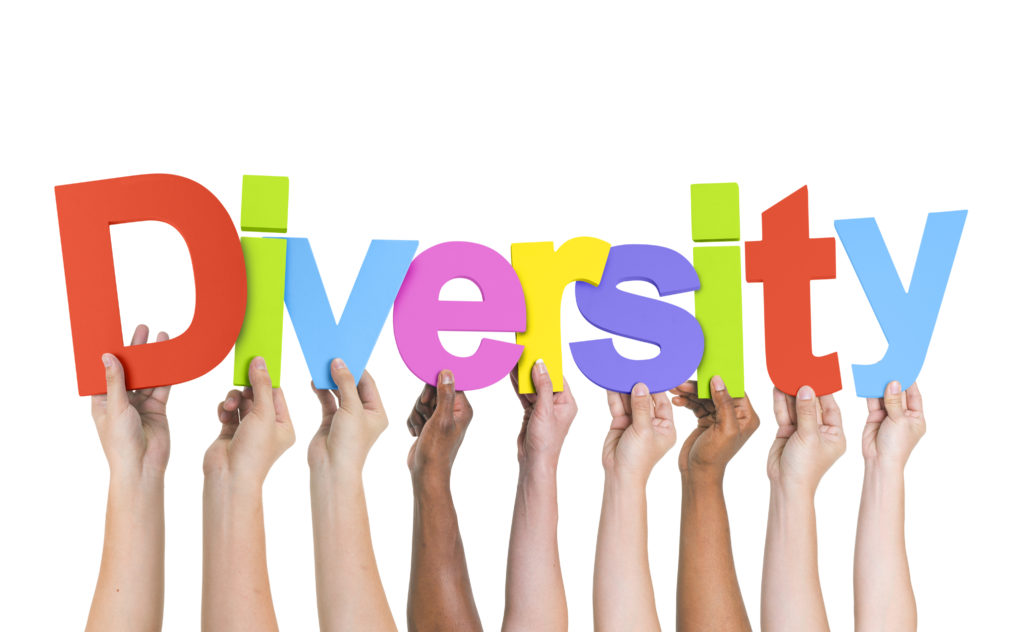Diverse Healthcare Leaders’ COVID-19 Virtual Roundtable
Question 2
In early April 2020, ACHE invited a group of racially/ethnically and LGBTQ diverse healthcare executives to a virtual career roundtable for them to share in a safe space on how they are managing professional and personal realities amid the COVID-19 pandemic. We extend sincere gratitude to the 23 leaders who made time in their extremely busy schedules to participate.
Participants selected one of three ways to share their perspectives:
- participate in small-group virtual 30-minute conversation,
- complete a 5-question online survey, or
- hold a 1:1 phone conversation with ACHE’s Diversity & Inclusion Director.
Below are highlights from their responses to the second question:
While hospitals, healthcare systems, and their leaders are totally consumed with the pandemic challenges, should matters related to workforce diversity & inclusion/equity even be raised?
Initial response:
- Yes/Agree: 8 participants
- It depends/Neutral: 2 participants
- No/Disagree: 2 participants
General topics mentioned most often
- It’s needed to best address healthcare disparities (4 participants)
- Not a focus on workforce D&I now; only focus on patient health equity (4 participants)
- It’s an ethical issue re: allocation of resources (3 participants)
- Need for diverse perspectives to best address the crisis (3 participants)
Key Quotes
“Not only is it appropriate, it’s imperative especially now and especially because we are in a current healthcare pandemic.”
“Not at this moment, maybe in next month or two. … COVID outcomes make it necessary to talk about workforce diversity because it’s a mitigating factor to health disparities.”
Selected Response Excerpts and Summaries
Small Focus Group Responses

- As an Asian American, I have experienced discrimination, and I’m not even Chinese. Our hospital has a large population of Asian descent in our research department. The majority of our surgeons are of Asian descent. How do we provide support to them? We are a part of that essential line of care, and we need to be sharing human decency and respect for one another during this time of high stress where fear can take over objective judgment. This is the time that we need to respect everyone’s differences, and we need to be inclusive to all.
- We had a situation where our employee workforce of Asian descent was being targeted. We had to put messaging out there to counter that. I requested that as we are tracking our data and metrics, that we add race to our tracking. This is a public health crisis; we need to know that information as we go out and serve the community. It has to be a part of the conversation; we can’t avoid it just because we are in a pandemic.
- It’s interesting that you ask this question. I’ve asked myself this question and posted to others as well. I’ve concluded that not only is it appropriate, it’s imperative especially now and especially because we are in a current healthcare pandemic. If we aren’t intentional about thinking about the unintended consequences of implicit biases that can come to the surface, it is during these times that all of us can revert to our default position. The default for some people can come with consequences that are unintended. The other thing I raised to our ethics group: It will come to no surprise that people across the nation are having conversations and will have to make really tough decisions when no resources are available. We have processes in place where life and death decisions have to made rapidly and by individuals, where we don’t have the opportunity to go through traditional diverse panel discussions with diverse panels of experts. That may not be the case when we have to make these crucial decisions real time and in a hurry. These types of conversations about diversity equity and inclusion in this time is even more important.
- The discussions about not having resources and how to make those decisions is super important. The hard thing is how to make time to have those conversations when we are buried in trying to manage operations and manage the crisis.
- The answer is yes; they are discussing it on the news now. You need individuals with different perspectives at the table to better figure out communication, messaging, understanding, etc. I do think it’s something that should be talked about during an emerging situation. It’s not just from a racial or ethnic perspective; socio economic level will come into play; it does matter, and it should be raised.
- There is so much disparity, we should be addressing this topic continuously.
- Socioeconomic status is something to consider. When things happen, it affects those on a lower socioeconomic scale more; it is important to consider.
Survey Responses
- Yes, this is an area/topic that should never be set aside. There will always be situations that will require the complete focus of organizations. However, D&I/E are foundational to the work we do. Our diversity is our strength. It is the bedrock of our ability to innovate, grow and develop.
- Nothing other than some discussion related to social determinants of health.
- Basically yes, but in reality, it depends. Of course, we always want to keep workforce diversity, equity, and inclusion on the forefront of everything we do. Unfortunately, with this COVID-19 pandemic, most healthcare systems are in a reactive/panic mode rather than a controlled/metered preparation mode. That said, we need the best qualified individuals in the right positions throughout the system working on the response—which means that for many, D&I may be pushed to the sideline during this challenging time.
- Yes, we are seeing this pandemic hit some communities harder than others. Diversity, equity, and inclusion are relevant in everyday life, challenges, and struggles. We need to be mindful of how this pandemic impacts all and ensure that we keep these matters top of mind.
- It depends on the current environment at individual facilities and respective communities. D&I activities at the facilities level are likely slowed but shouldn’t be forgotten; while a focus on equity in healthcare should be raised ensuring access to testing and care needed.
1:1 Responses
- As healthcare leaders, we do need to be cognizant of disparities, but change is happening so quickly that now may not be the best time to bring up workforce diversity issues. Focus on healthcare consumer disparities.

- That’s a loaded question. Of course, our first priority is to the patients. However, there comes a point that other matters should also be considered. I have found that the hospital’s command unit is not always representative of key groups within the hospital. For example, middle management tends to be more diverse, but no one from that level has been included in the command unit. As a result, there have been mishaps because those from the diverse levels of the organization were not represented at the table. It may not be timely to raise D&I issues at the moment, but definitely when it’s time for debriefing. I’m urgently waiting for the debriefs.
- Not at this moment, maybe in next month or two. It’s hard to get people’s attention now. But what we’re seeing regarding COVID outcomes makes it necessary to talk about workforce diversity because it’s a mitigating factor to health disparities. I sense that post-COVID, we will see a contraction of the workforce, especially in specialty areas of healthcare. Who will be affected in the layoff environment? How do we insure D&I considerations in layoff decisions? But right now, it may be construed as insensitive to raise workforce D&I. The frontline staff being affected may include a higher percentage of minorities; we need to protect those marginalized and people of color.
